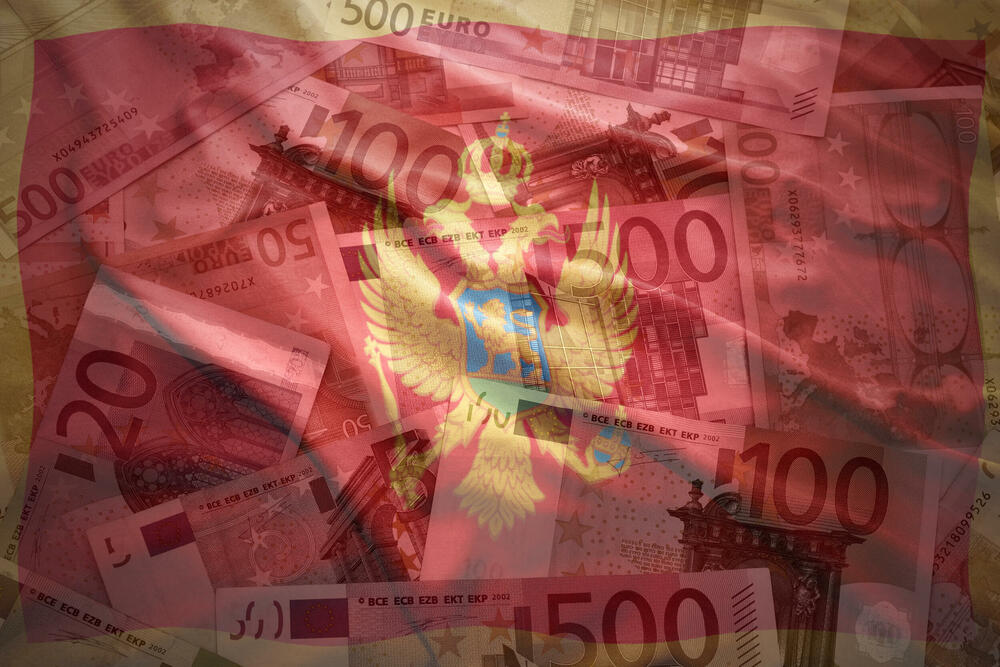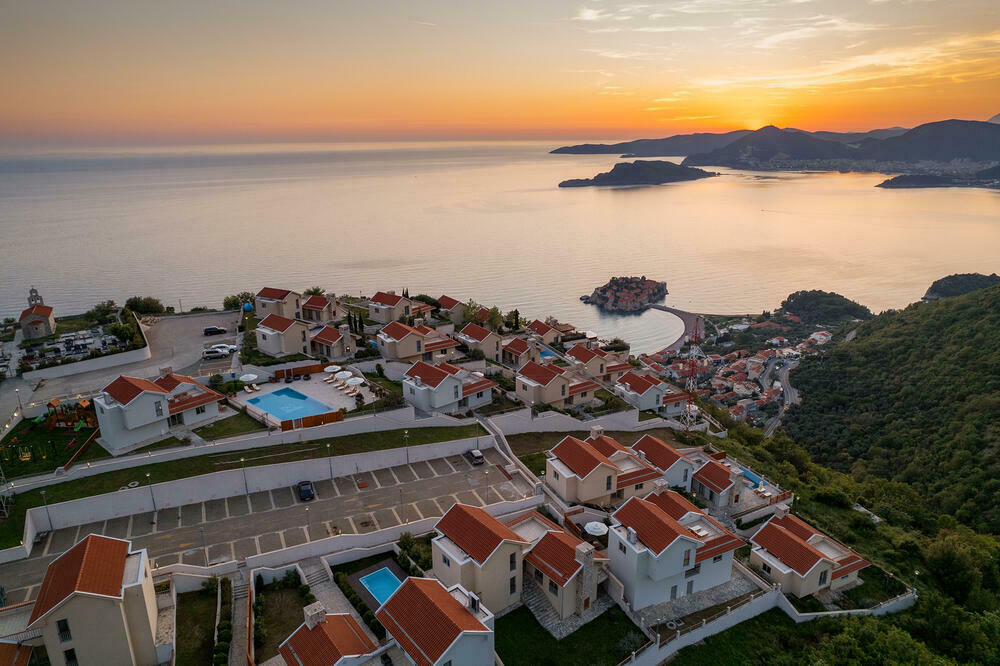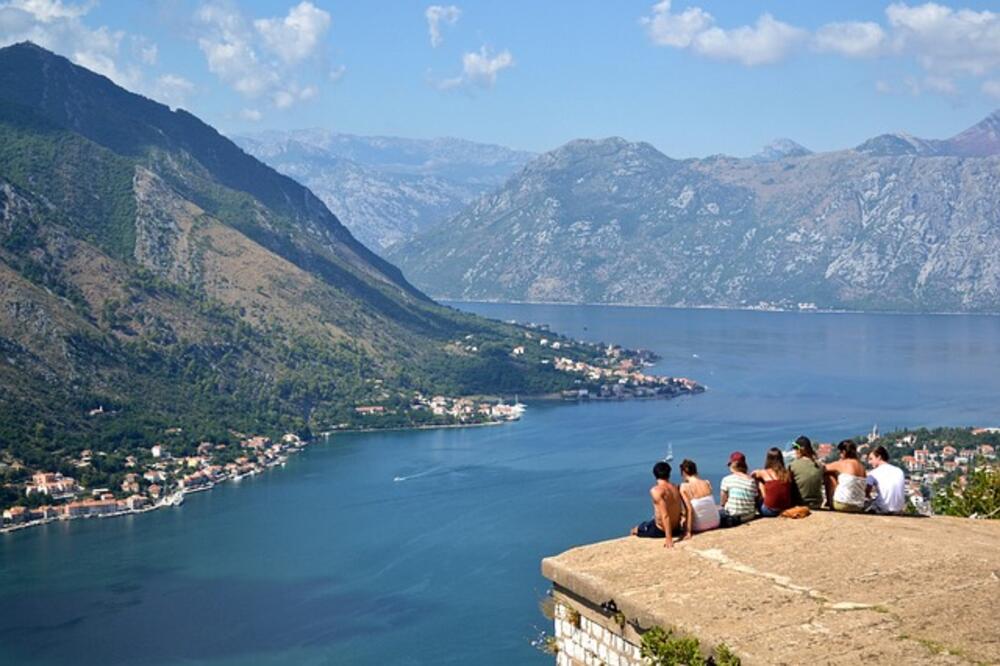Understanding Montenegro's Economy
Montenegro's economy is predominantly driven by several key sectors. One of the main sectors is tourism, which has been steadily growing and contributing to the country's GDP. Additionally, Montenegro has a thriving agricultural sector, with the production of fruits, vegetables, and dairy products being prominent. The construction and real estate sectors have also witnessed significant growth due to the increasing demand for housing and commercial properties.

The tourism sector generates a substantial amount of revenue through hotel bookings, restaurant visits, and other tourist activities and plays a crucial role in Montenegro's economy, driving various aspects of the country's development. The agricultural sector, on the other hand, contributes to both domestic consumption and exports of various agricultural products. The construction and real estate sectors have experienced a boom in recent years, mainly due to the increasing number of expatriates and foreign investors seeking property in Montenegro.
Economic Performance and Trends
In terms of economic performance, Montenegro has shown impressive growth rates, with a positive trend in its GDP and per capita income. The country has also attracted foreign direct investment, contributing to the further development of its infrastructure and industries. However, it is essential to note that Montenegro faces challenges such as income inequality and high unemployment rates, which can affect the overall economic outlook.
The Cost of Living in Montenegro
When considering a move to Montenegro, it is important to understand the cost of living. Housing and accommodation costs in Montenegro vary based on location and property type. While some areas offer affordable options, others cater to high-end buyers. Food and dining expenses in Montenegro also depend on personal preferences, with a range of options available from local markets to international supermarkets. Transportation and fuel costs are reasonable, facilitated by a well-connected road network and affordable fuel prices.
The average monthly rent in Podgorica is 450 euros for a one-bed apartment. Prices vary depending on cities – on the coastline, it gets a bit pricier, while in the north it is cheaper. The average restaurant meal is between €7-15 per person while the costs of food at supermarkets can vary.
The price range for various food items in Montenegro is as follows:
Bread (white, per loaf) – from 0.80 euros
Milk (1 liter) – from 1.45 euros
Eggs (12) – from 2.19 euros
Rice (1 kg) – from 1.45 euros
Chicken meat (per kg) – Approximately 9 euros
Beef meat (per kg) - Around €15.00
Cigarette packs - €3.00 to €5.00
Prices for fruits and vegetables are as follows:
Bananas (per kg) - €1.20
Apples (per kg) - €1.20
Tomatoes (per kg) - €1.6
Cucumber (per kg) - €1.
Onions (per kg) - €1.29
Potatoes (per kg) - €0.65 It's important to note that food prices may vary depending on where you shop, whether it's in local markets, retail stores, or large chain stores.
When it comes to drinks and alcohol:
Bottled water - Approximately €0.60
Mid-range wine (per bottle) - Around €4.00
Domestic beer - Approximately €0.90
Imported beer - About €1.20
For transportation within Montenegro:
Local transport (eg, buses) - A one-way ticket costs about €1.00, and a monthly pass is approximately €30.00.
Taxi prices vary based on the distance traveled, starting at around €1.00.
There are taxi services available for airport transfers, and the waiting cost is approximately €6.00.
Gasoline prices in Montenegro are subject to frequent updates. Currently, it is around 1.50 euros
Utilities in Montenegro:
Basic utilities include electricity, water, heating, cooling, and garbage removal. In apartments, these utilities are expected to cost around €100 per month, but for houses, expenses are higher.
Utility costs can vary based on the size of your residence, location, and city.
Quality of Life in Montenegro
Aside from its economy and cost of living, Montenegro offers an excellent quality of life for its residents. The cost of healthcare in Montenegro is relatively low compared to many other countries, making it an attractive choice for those seeking affordable medical care.

Education and Schools in Montenegro
The education sector in Montenegro has both public and private schools offering education. Montenegro also has a range of international schools, providing education in various languages and following international curricula. The quality of education is generally good, and the cost of tuition fees in public schools is affordable.
Leisure and Recreation Opportunities
Montenegro's natural landscapes provide numerous opportunities for leisure and recreation. The country's national parks, such as Durmitor National Park and Lovcen National Park, offer breathtaking views and are perfect for hiking, camping, and wildlife spotting. Montenegro's coastline is a haven for beach lovers, with pristine beaches dotted along the Adriatic Sea. Additionally, the country offers various cultural events and festivals throughout the year, showcasing its rich cultural heritage.
Job Market Overview
The job market Montenegro is diverse, with opportunities available in various industries. Some of the prominent sectors include tourism, hospitality, finance, real estate, and information technology. The country's economic growth has led to an increase in job opportunities, although competition for positions can be fierce in certain sectors.
Whether you are considering a move for business or personal reasons, Montenegro presents a range of benefits that make it worth exploring as your next destination.
Bonus video:





